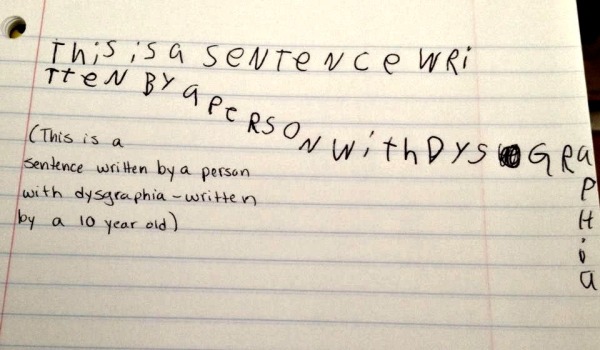Ephesians 6:5. “Servants, be obedient to them that are your masters according to the flesh, with fear and trembling, in singleness of your heart, as unto Christ:”

Some have seen t his passage as an endorsement of slavery. At the time Paul wrote this letter to the Ephesians, Rome controlled much of the known world, and about 30-40% of people under their power were slaves. It was a fact of life, and this passage is not an endorsement of the buying and selling of human beings. Instead, it was an encouragement to those who were caught in the system to behave in a way that would honor the Lord.
Remember, this letter was written to believers. We can assume, then, that there were slaves who attended the church meetings, and who needed encouragement. They were to have respect for their masters, and strive to please them as a service to Christ Himself.
Many slaves were a part of the household of their masters, and had great personal freedom outside of their daily duties It was important that they not abuse those freedoms, bringing reproach on themselves and on the God they professed to serve.
It’s a hard thing to be a slave, no matter what freedoms you may be granted. Paul is not endorsing slavery here; rather, he is encouraging those caught in the system to behave with honor and respect.
Today, the same encouragement can be offered to employees. We are to give our employers respect, and do our best to please them.










